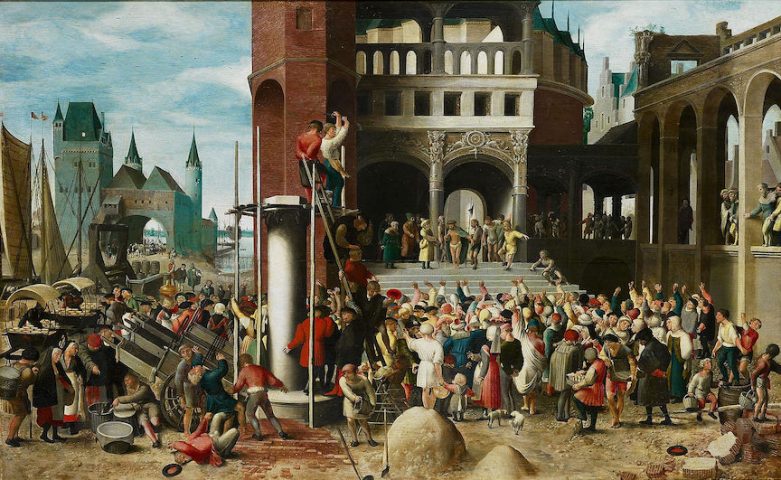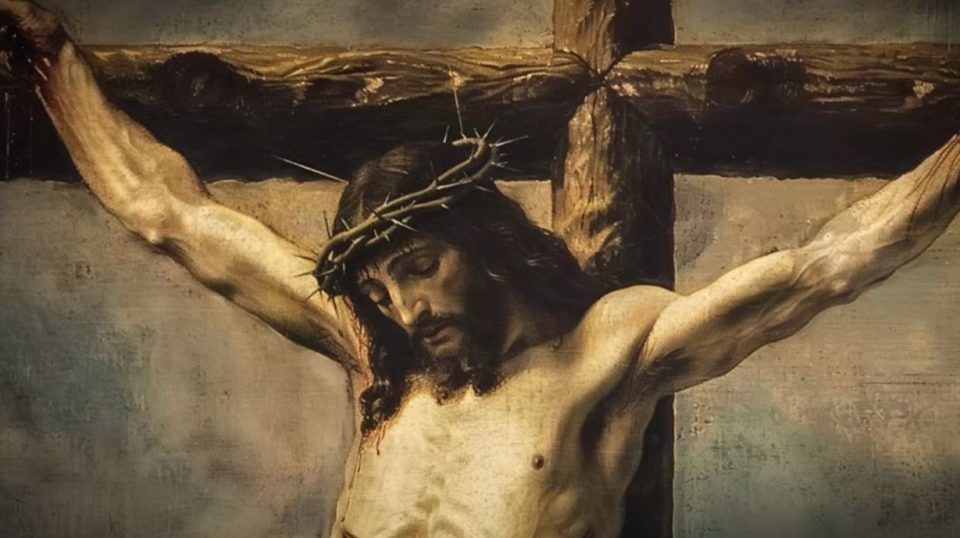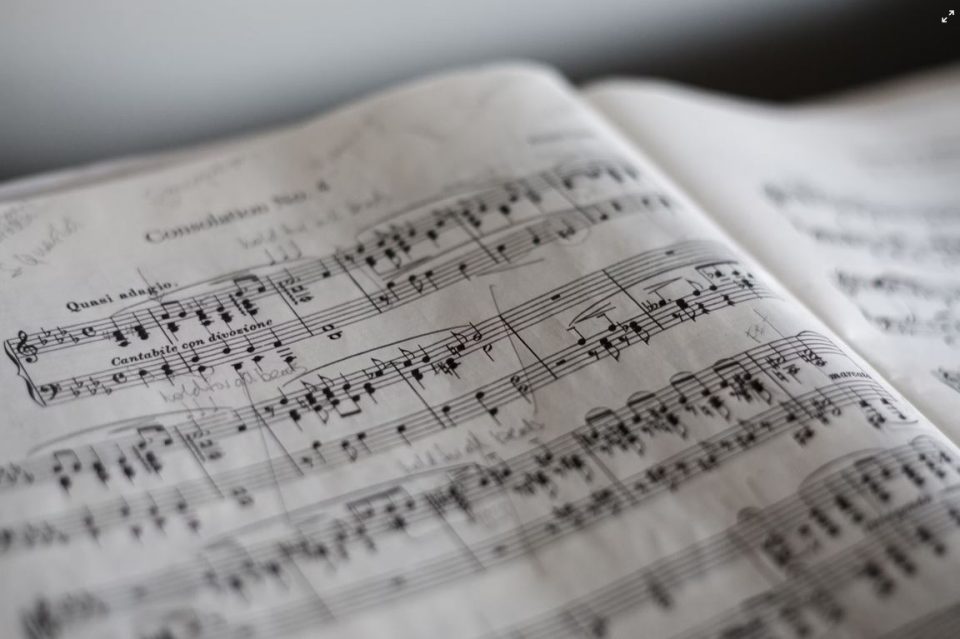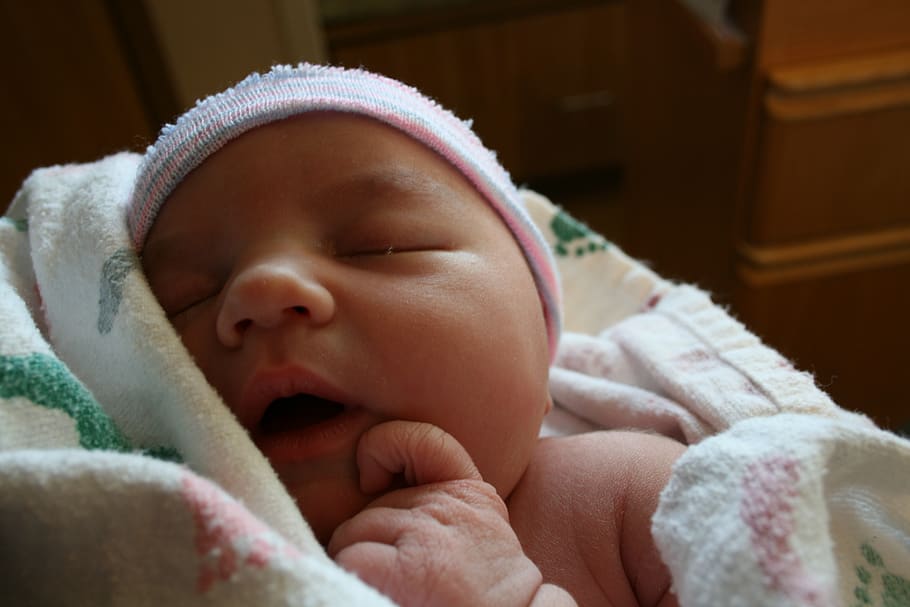Synodality: A Social Contract for the Church? by Michael R. Gonzalez

Dodgers Debacle Calls for a More Vocal Catholic Citizenry, by Michael O’Shea
May 26, 2023
WATCH! Targeted Take Down: Documents Show Biden’s DHS Weaponized Against Christians & GOP, by MRCTV Staff
May 26, 2023
*Image: Ecce Homo by the Master of the Brunswick Monogram, c. 1525-1535 [Rijksmuseum, Amsterdam, Netherlands]
A note from Robert Royal: We’re a few days and a few dollars away from our goal in the funding drive. Many of you continue to respond and others I’m sure will. But you don’t want me to have to beg, do you?
By Michael R. Gonzalez, The Catholic Thing, May 26, 2023
Michael R. Gonzalez is a Postdoctoral Research Associate with the James Madison Program in American Ideals and Institutions at Princeton University. He received his doctorate in political science from Baylor University after undergraduate studies at the Thomas More College of Liberal Arts.





